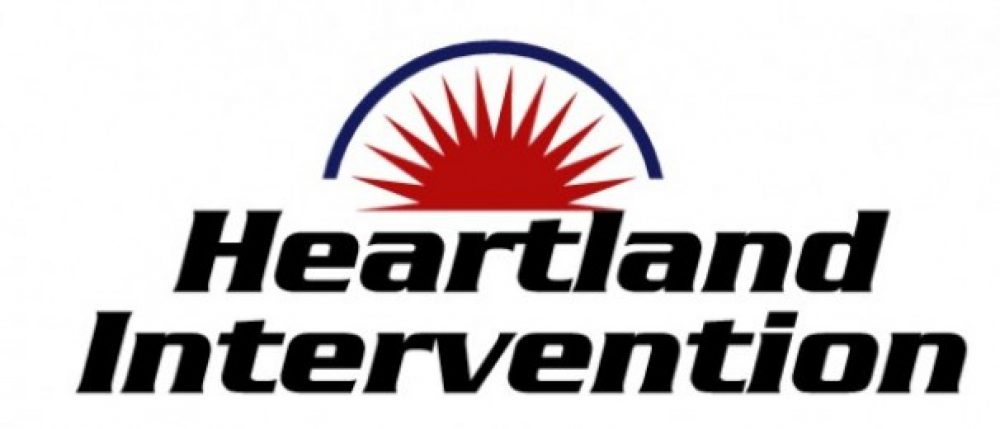When a DOT covered employee fails a drug screen and wants to return to the workforce, the law (CFR Part 40) states that a DOT qualified Substance Abuse Professional (SAP) will be central to the process. The sensitive nature of the DOT Return to Duty process makes the critical for the driver/employee, company and the travelling public. Here are five things about the process that might surprise you.
1. Area of Responsibility: Most drivers see the SAP as an assessment or drug/alcohol expert. Most companies rely on the SAP in the same capacity but also depend on the reports that inform the process and ultimately allow for a return to duty drug test. But the DOT is clear that the primary role of a qualified Substance Abuse Professional involves no loyalty to either the employee or the employer. Instead the DOT mandates that the SAP is primarily responsible to the travelling public.
2. Show me your FACE: In a age of Skype and similar technology, the DOT requires both the initial and follow up assessments to be done face to face. This allows for more than just a simple exchange of information. It allows the SAP to evaluate the employee based on a number of factors rather than just the information provided. This allows for a more detailed, honest and likely more accurate assessment.
3. I have a Prescription: Just because an employee is prescribed medicine by a doctor does not mean that he/she will be allowed to work in a DOT covered position. Often times the SAP will require a note from the prescriber stating that it is OK to work in a safety sensitive position while taking certain medications. This is done to protect all parties involved. Employees are advised to be honest with their doctor about the nature of their work and honest with employers and SAPs about the medications that they are prescribed before they face a random, pre-employment or post-accident test.
4. Speed is not a factor: Failing a DOT drug test is expensive! Employees are removed from safety-sensitive work and are often eager to hurry through the return to duty process. Often the interests of the public, company and driver are not well served by expediting the process. Recommendations are clinical in nature and made with our regard for the time it takes to complete them. While some employees are able to fulfill these recommendations quickly, others find that much more time is needed.
5. No Harm…No Foul: Often an employee or company will argue that there is no need for education or treatment as result of a failed test. Often these will be characterized as “bad judgment”, “stupid” or an “honest mistake”. The DOT does not allow for a SAP to take such a view. The rule states that the SAP must make a recommendation for education and/or treatment. The SAP has no choice in this matter.
If you are a company or employee with questions about the DOT Return to Duty process, call Heartland Intervention, LLC today at 877/752-8811. We are a leading provider of SAP services in Indiana. Our founder Scott J. Watson is a DOT qualified SAP who is eager to answer questions about your responsibility under the DOT and modal rules.

